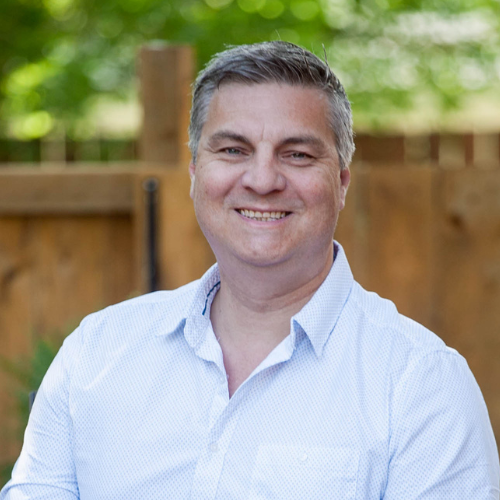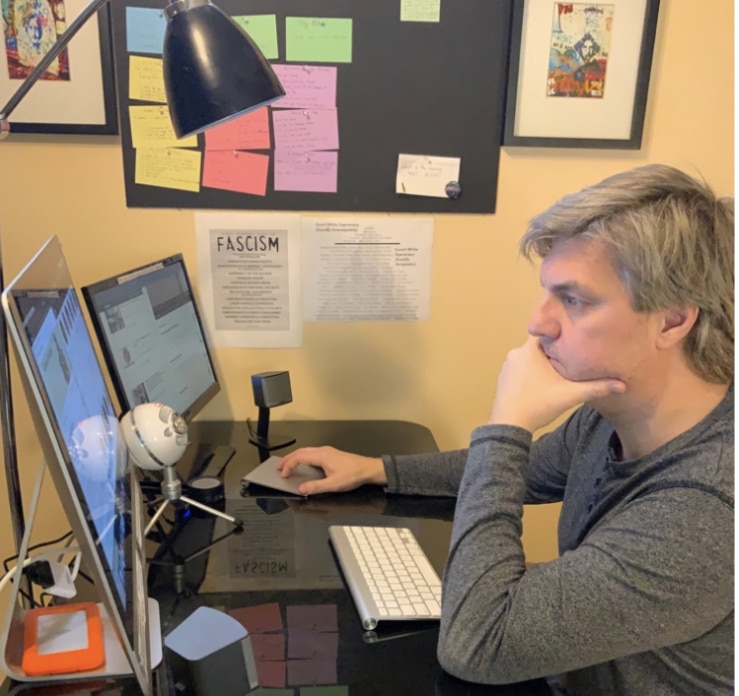DR. RYAN COULLING
Assistant Professor of Sociology, University College

ABOUT RYAN
Ryan was born in Regina, raised in Saskatoon, and spent his formative adult years in Winnipeg. He holds a PhD in Sociology from Carleton University in Ottawa, and his academic interests are in the areas of supremacism and ideologically motivated violent extremism, safety and security, health and wellness, and criminal justice. Dr. Coulling’s research is grounded in aspects of social justice, and he is especially interested in the violence and harassment by people of privilege directed towards marginalized people. This research interest culminates in the investigation of white, heterosexual, male, right-wing extremists, their emotional and affective reactions, the hate and fear they circulate, and the violent crimes they commit. His doctoral research examined antifeminist masculinities on the manosphere. Ryan is also a part of a research team that investigates the experiences of correctional workers in all jurisdictions in Canada with a focus on their health and well-being.
Q: Before arriving at Providence, where did you live and what did you do?
I was a Manager and Senior Business Analysts as I completed my BA and MA. I defended my dissertation in January 2020, so my early academic career intersected with the COVID pandemic and the global shut down. Much of the research I wanted to do during after defending was to be face-to-face, the pandemic made this impossible. Universities, however, were offering all of their courses online. I began trying to build my teaching experience and taught at institutions throughout the province.
Q: What about Providence was appealing to you?
I love the community that Providence offers. Not only have I been welcomed into the community and invited to share and teach about sociological aspects of socially just community building, I have also been welcomed to grow amongst and along with this community. Providence allows me to help others grow in their faith and practice. The students, faculty, and staff at Providence also allows me to grow in my faith and practice.
Q: What is something you hope people will learn from your classes?
I hope that, by learning about institutional and structural factors, students will gain empathy and compassion for others as they learn to see social forces that act upon people. I also hope to offer the right mix of guidance and space to explore so that that they can discover agency in their own talents so that they can build socially just communities throughout their lives.
Q: What is your teaching philosophy?
I see teaching as an act of social justice. I believe that learning outcomes must be accessible to all students. Similar to how income, food, and other resources are unequally distributed, education in the classroom can systematically privilege certain people. Unequal access to learning can occur as pedagogical choices around the delivery and linkages to content and skills privilege students who can more easily relate to the path demonstrated by teachers. I aim to make space for students to discover a path to knowledge and practice that works for them. I believe this strategy eases power dimensions and empowers students beyond the classroom.
Q: What do you like to do outside of work?
My favourite thing to do is spend time with and around my family. Sometimes that might be on a camping trip in our RV, but I am just as happy sitting on the deck with them or making supper with their voices in the other room.

